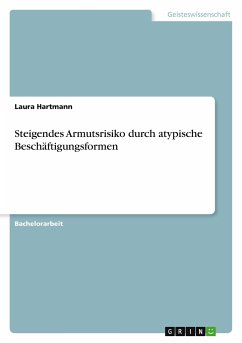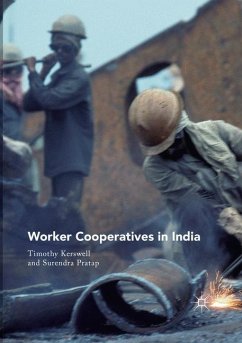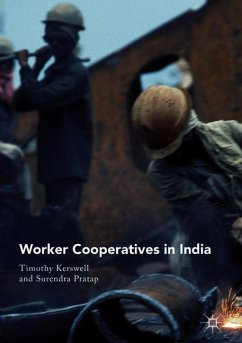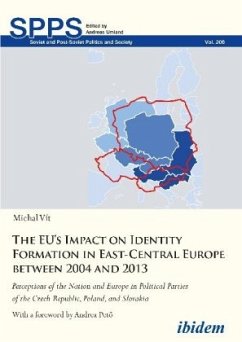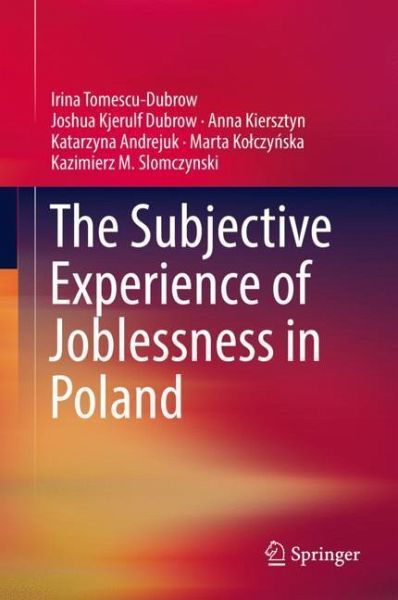
The Subjective Experience of Joblessness in Poland

PAYBACK Punkte
19 °P sammeln!
This book describes the experience of joblessness and unemployment in contemporary Poland. It does so by combining qualitative and quantitative data from a special project conducted in Poland after the Great Recession and the long-term Polish Panel Survey (POLPAN) to describe the lives of the jobless: women and men currently out of work, the recently re-employed, and housewives. The book uses a class and inequality perspective to investigate how these women and men became jobless, how they look for and find employment, their household and social activities, and their political participation. I...
This book describes the experience of joblessness and unemployment in contemporary Poland. It does so by combining qualitative and quantitative data from a special project conducted in Poland after the Great Recession and the long-term Polish Panel Survey (POLPAN) to describe the lives of the jobless: women and men currently out of work, the recently re-employed, and housewives. The book uses a class and inequality perspective to investigate how these women and men became jobless, how they look for and find employment, their household and social activities, and their political participation. It contextualizes these experiences with a description of Poland's economy, labor market and employment policies after the fall of Communism and builds on the active interviewing and social constructionist approaches to explore the complex interviewer-respondent relationship.







